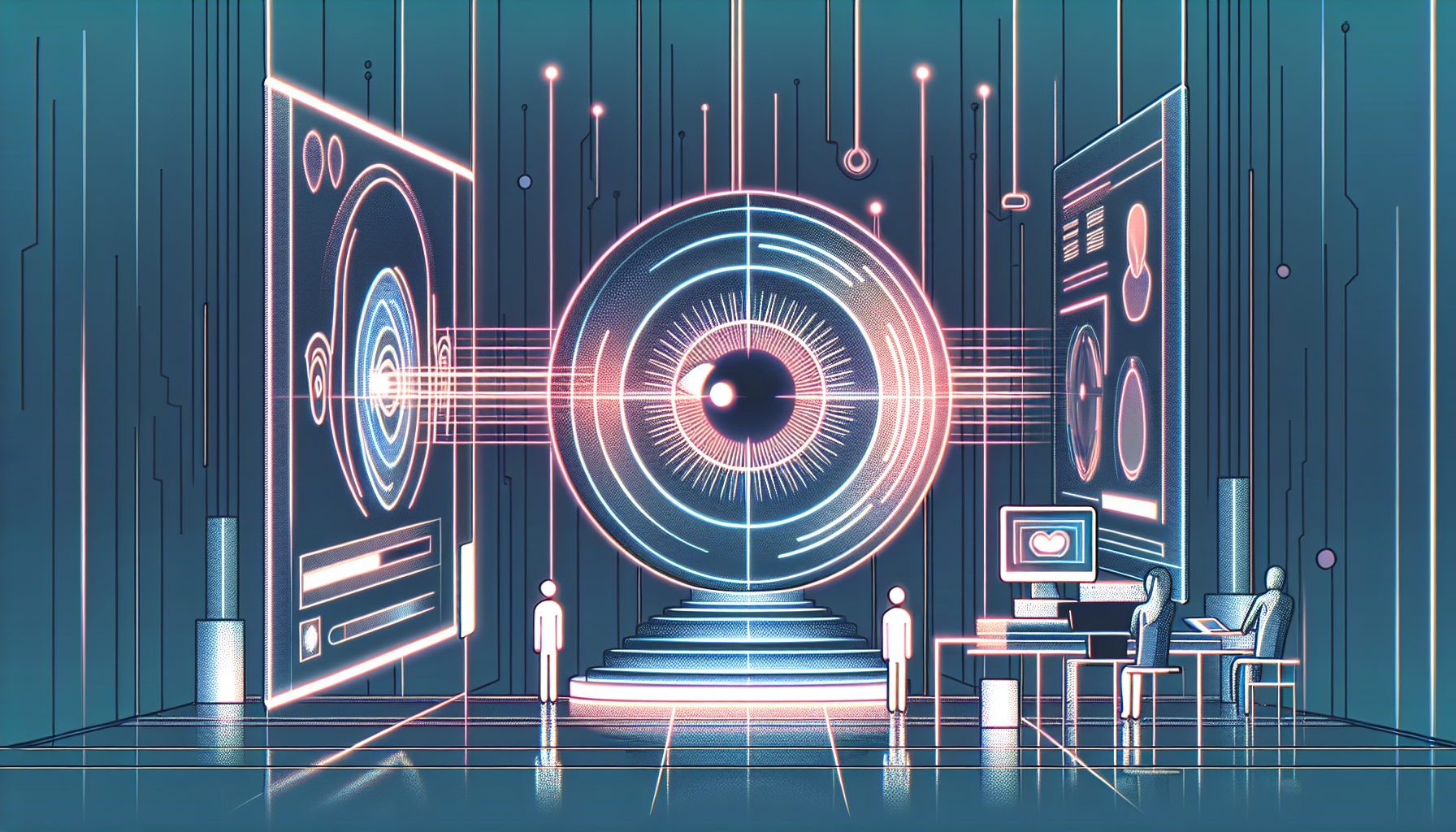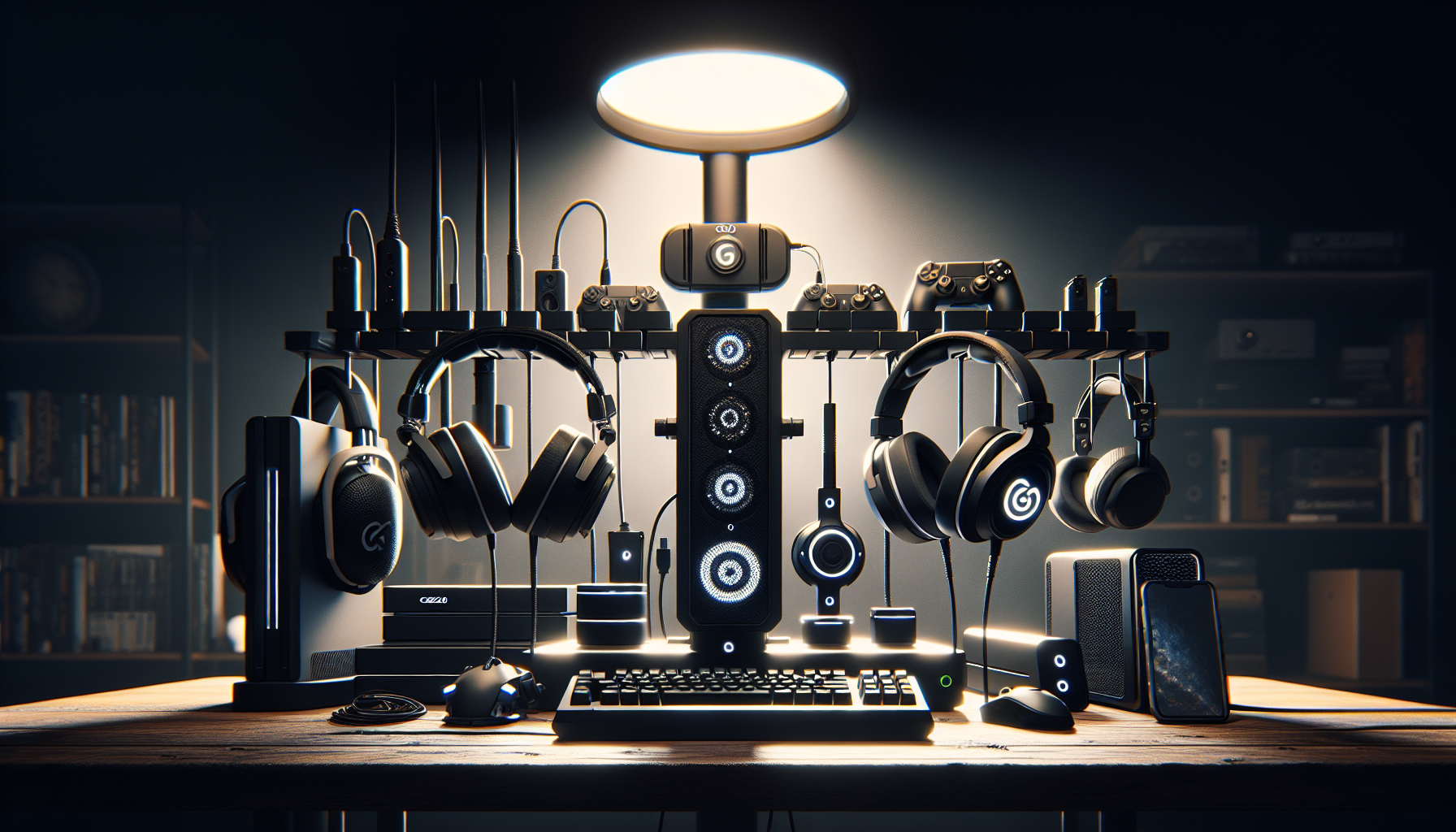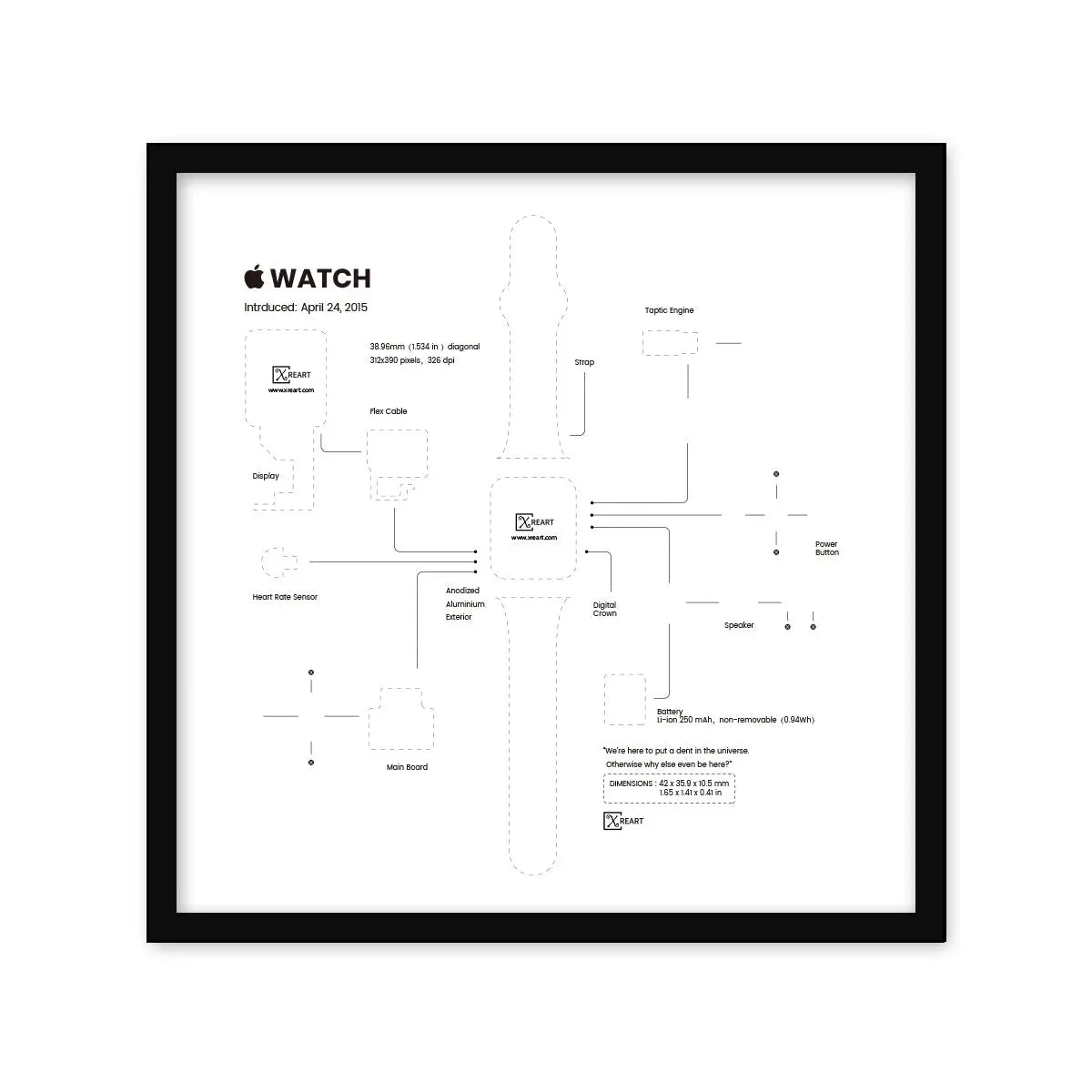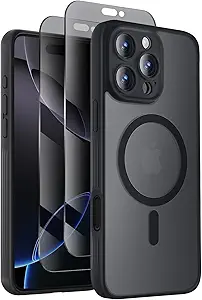The Future of Identity Verification with Worldcoin’s Eye-Scanning Orb
Picture this: a world where deep fakes blur the line between reality and illusion. As our digital lives intertwine more intricately with technology, how will we prove our identity? This is where Worldcoin enters the scene, evolving from a typical cryptocurrency platform to a cutting-edge identity verification pioneer. At its heart lies the innovative eye-scanning Orb, a sleek gadget that may hold the key to authenticating who we truly are.
The Orb: What is it and How Does it Work?
Imagine a device designed with a smooth, spherical exterior, a blend of sleek tech and futuristic aesthetics. The Orb, powered by NVIDIA’s advanced Jetson chipset, is no mere toy; it’s a sophisticated piece of kit meant to redefine how we think about identity verification. When a user steps up to the Orb, it employs sophisticated algorithms to scan your iris, engaging in a high-stakes dance of biometric verification that could very well combat the rise of identity fraud.
Understanding the Identification Process
As you look into the Orb, it begins its work, examining the unique patterns of your eyes with impressive precision. This is all made possible through the innovative ‘Deep Face’ service, which utilizes state-of-the-art facial recognition technology. But it’s not just about creating a digital ID card; it’s about forging a barrier against the deception that deep fakes bring to the table.
Applications and Benefits of the Orb
So, what does this mean for everyday life? For starters, we’re looking at a transformative tool in the world of identity verification. Consider banking, travel, and security sectors. Each could greatly benefit from an efficient, foolproof system that relies on something as unique as your eyeballs.
Identity Verification Redefined
With almost 7 million scans already under its belt, the Orb is not just a niche technology. It’s gaining traction in busy environments, proving its place in our lives. Imagine whipping out your eye ID at the airport instead of fumbling with your passport—that’s the kind of future we’re heading towards.
The Ethical Quandaries
Of course, with great technology comes great responsibility. Let’s pause for a moment and consider the ethical implications of biometric data collection. The minute we start scanning our irises for verification, we tango with privacy issues and data security risks that can’t be ignored. Is there a line where convenience crosses into overreach? And how do we feel about machines having access to such intimate details about us?
Public Perception and the People’s Voice
The public’s response has been mixed. Some people embrace the efficiency and security, while others are wary of the implications. Will we stand in line to get our eyes scanned, or will we shy away from a future where our very identity hinges on biometric recognition? It’s a topic worth pondering as we navigate this new landscape.
The Dance of Innovation
What does the future hold for solutions like the Orb? As the tech industry continues to evolve, it’s likely we’ll see a ripple effect that influences a myriad of identity verification trends. Cameras may evolve, algorithms will sharpen, and who knows what the next innovative leap will look like—perhaps a world where multiple forms of verification weave together to form a tapestry of trust.
Long-term Prospects of Biometric Solutions
Imagine advancements that could blend virtual reality with biometric verification—now that’s a thought that sends chills down the spine. The possibilities are bright yet uncertain. What’s clear is that we are just scratching the surface of what’s to come.
Reflections on the Future
The emergence of Worldcoin’s Orb marks a significant milestone in how we approach identity in this tech-driven age. The advantages seem to outweigh the challenges, but we need to reflect on the ethical implications seriously. Could this be a step toward a future where our identities become secure digital tokens, or will we rebel against this level of surveillance?
One thing’s for sure: the future of identity verification is here, and it’s more fascinating than ever. Let’s keep the conversation alive. What are your thoughts on this eye-scanning technology? Are you ready to embrace the future, or do you think we should take the road less traveled?










